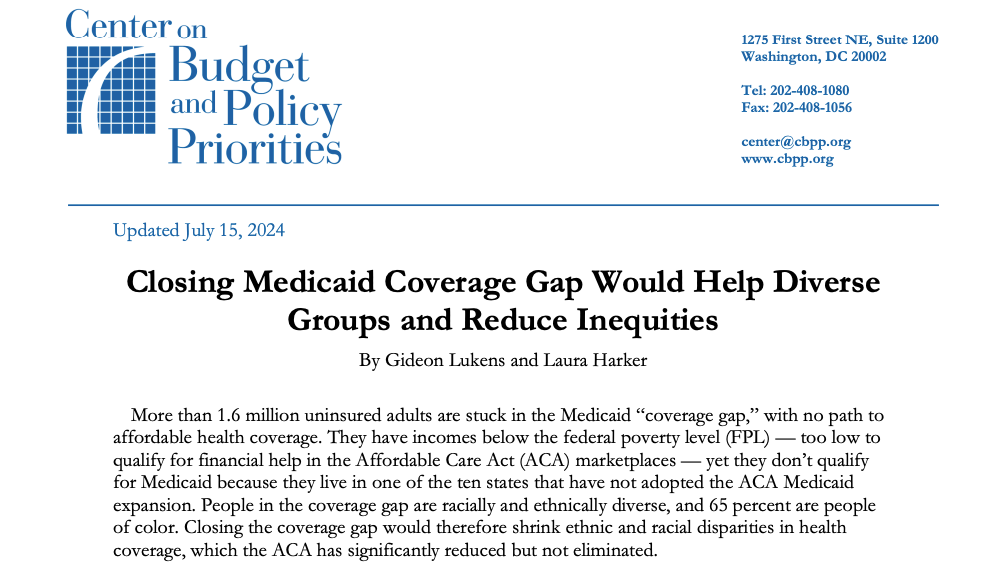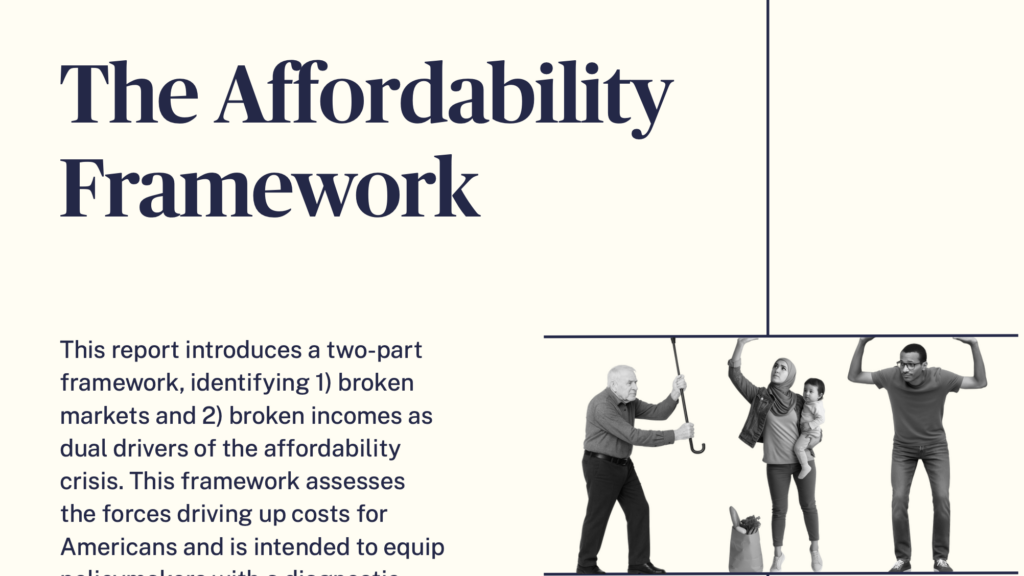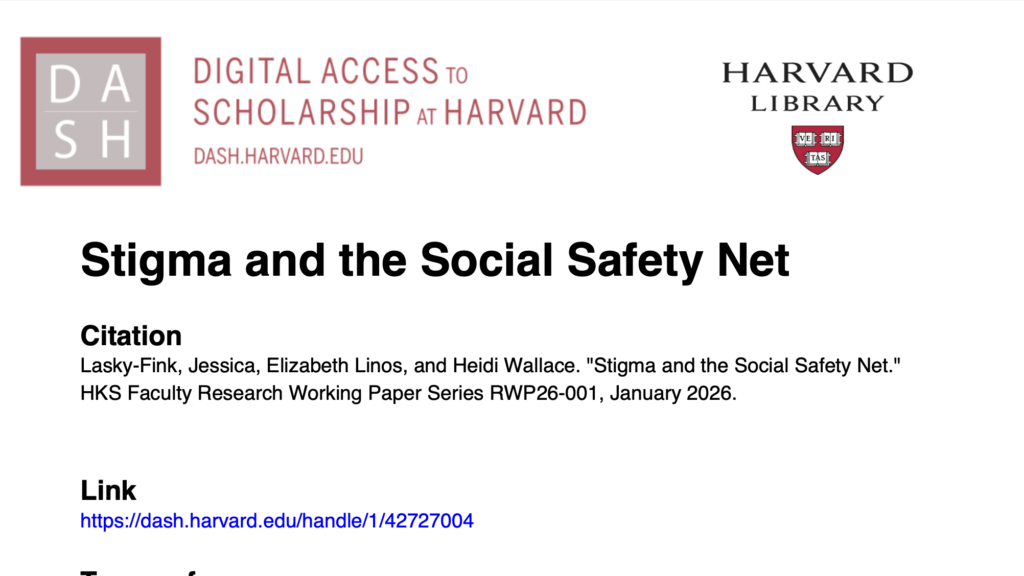Closing Medicaid Coverage Gap Would Help Diverse Groups and Reduce Inequities
Closing the Medicaid coverage gap could significantly reduce healthcare disparities as 65% of those affected are people of color, specifically impacting low-wage workers and caregivers who often experience economic and health vulnerabilities.

Over 1.6 million uninsured adults, primarily people of color, are trapped in the Medicaid “coverage gap” in ten states that have not expanded Medicaid, leaving them without access to affordable health coverage.
Closing this gap would reduce racial and ethnic disparities in health coverage, benefit vulnerable populations, and improve both health and financial outcomes for individuals and states. Research indicates that Medicaid expansion narrows coverage inequities, increases access to care, reduces medical debt, and provides financial benefits to state budgets and health care providers.
Share this Resource:


